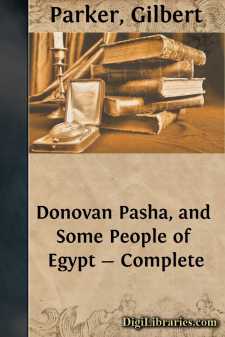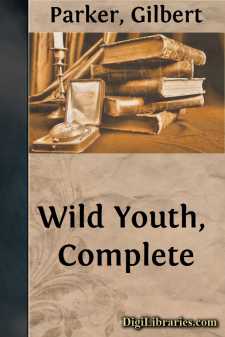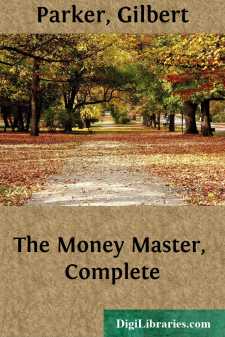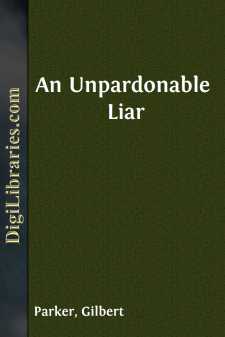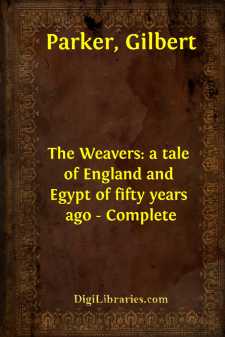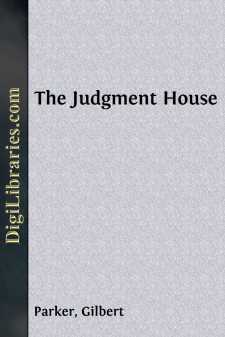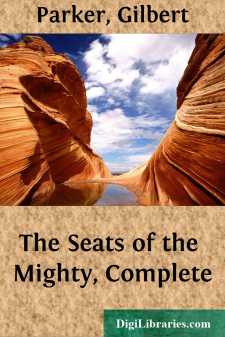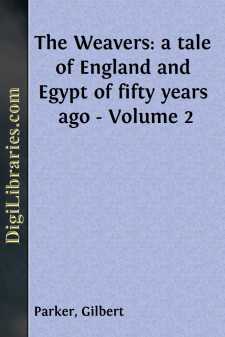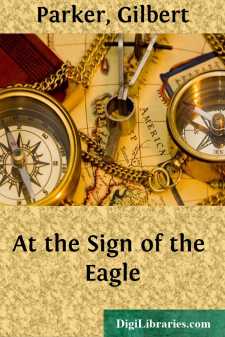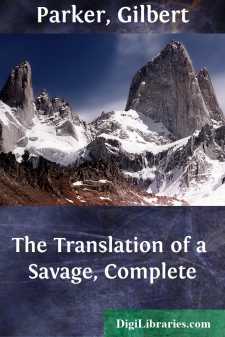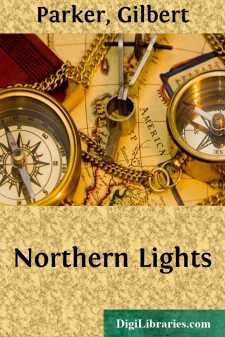Categories
- Antiques & Collectibles 13
- Architecture 36
- Art 48
- Bibles 22
- Biography & Autobiography 813
- Body, Mind & Spirit 142
- Business & Economics 28
- Children's Books 17
- Children's Fiction 14
- Computers 4
- Cooking 94
- Crafts & Hobbies 4
- Drama 346
- Education 46
- Family & Relationships 57
- Fiction 11829
- Games 19
- Gardening 17
- Health & Fitness 34
- History 1377
- House & Home 1
- Humor 147
- Juvenile Fiction 1873
- Juvenile Nonfiction 202
- Language Arts & Disciplines 88
- Law 16
- Literary Collections 686
- Literary Criticism 179
- Mathematics 13
- Medical 41
- Music 40
- Nature 179
- Non-Classifiable 1768
- Performing Arts 7
- Periodicals 1453
- Philosophy 64
- Photography 2
- Poetry 896
- Political Science 203
- Psychology 42
- Reference 154
- Religion 513
- Science 126
- Self-Help 84
- Social Science 81
- Sports & Recreation 34
- Study Aids 3
- Technology & Engineering 59
- Transportation 23
- Travel 463
- True Crime 29
Our website is made possible by displaying online advertisements to our visitors.
Please consider supporting us by disabling your ad blocker.
Donovan Pasha, and Some People of Egypt - Complete
by: Gilbert Parker
Categories:
Description:
Excerpt
WHILE THE LAMP HOLDS OUT TO BURN
There is a town on the Nile which Fielding Bey called Hasha, meaning "Heaven Forbid!" He loathed inspecting it. Going up the Nile, he would put off visiting it till he came down; coming down, he thanked his fates if accident carried him beyond it. Convenient accidents sometimes did occur: a murder at one of the villages below it, asking his immediate presence; a telegram from his Minister at Cairo, requiring his return; or a very low Nile, when Hasha suddenly found itself a mile away from the channel and there was no good place to land. So it was that Hasha, with little inspection, was the least reputable and almost the dirtiest town on the Nile; for even in those far-off days the official Englishman had his influence, especially when Kubar Pasha was behind him. Kubar had his good points.
There were certain definite reasons, however, why Fielding Bey shrank from visiting Hasha. Donovan Pasha saw something was wrong from the first moment Hasha was mentioned.
On a particular day they were lying below at another village, on the Amenhotep. Hasha was the next place marked red on the map, and that meant inspection. When Dicky Donovan mentioned Hasha, Fielding Bey twisted a shoulder and walked nervously up and down the deck. He stayed here for hours: to wait for the next post, he said-serious matters expected from head quarters. He appeared not to realise that letters would get to Hasha by rail as quickly as by the Amenhotep.
Every man has a weak spot in his character, a sub-rosa, as it were, in his business of life; and Dicky fancied he had found Fielding Bey's. While they waited, Fielding made a pretence of working hard—for he really was conscientious—sending his orderly for the mamour—[magistrate]—and the omdah—[head of a village]—, and holding fatuous conferences; turning the hose on the local dairymen and butchers and dategrowers, who came with backsheesh in kind; burying his nose in official papers; or sending for Holgate, the Yorkshire engineer, to find out what the run would be to the next stopping-place beyond Hasha. Twice he did this; which was very little like Fielding Bey. The second time, when Holgate came below to his engine, Dicky was there playing with a Farshoot dog.
"We don't stop at Hasha, then?" Dicky asked, and let the Farshoot fasten on his leggings.
Holgate swung round and eyed Dicky curiously, a queer smile at his lips.
"Not if Goovnur can 'elp, aw give ye ma woord, sir," answered Holgate.
Fielding was affectionately called "the Governor" by his subordinates and friends.
"We all have our likes and dislikes," rejoined Dicky casually, and blew smoke in the eyes of the Farshoot. "Aye, aw've seen places that bad! but Hasha has taaste of its own in Goovnur's mouth, ma life on't!"
"Never can tell when a thing'll pall on the taste. Hasha's turn with the Governor now, eh?" rejoined Dicky.
Dicky's way of getting information seemed guileless, and Holgate opened his basket as wide as he knew. "Toorn, didst tha sway" (Holgate talked broadly to Dicky always, for Dicky had told him of his aunt, Lady Carmichael, who lived near Halifax in Yorkshire), "toorn, aw warrant!...


